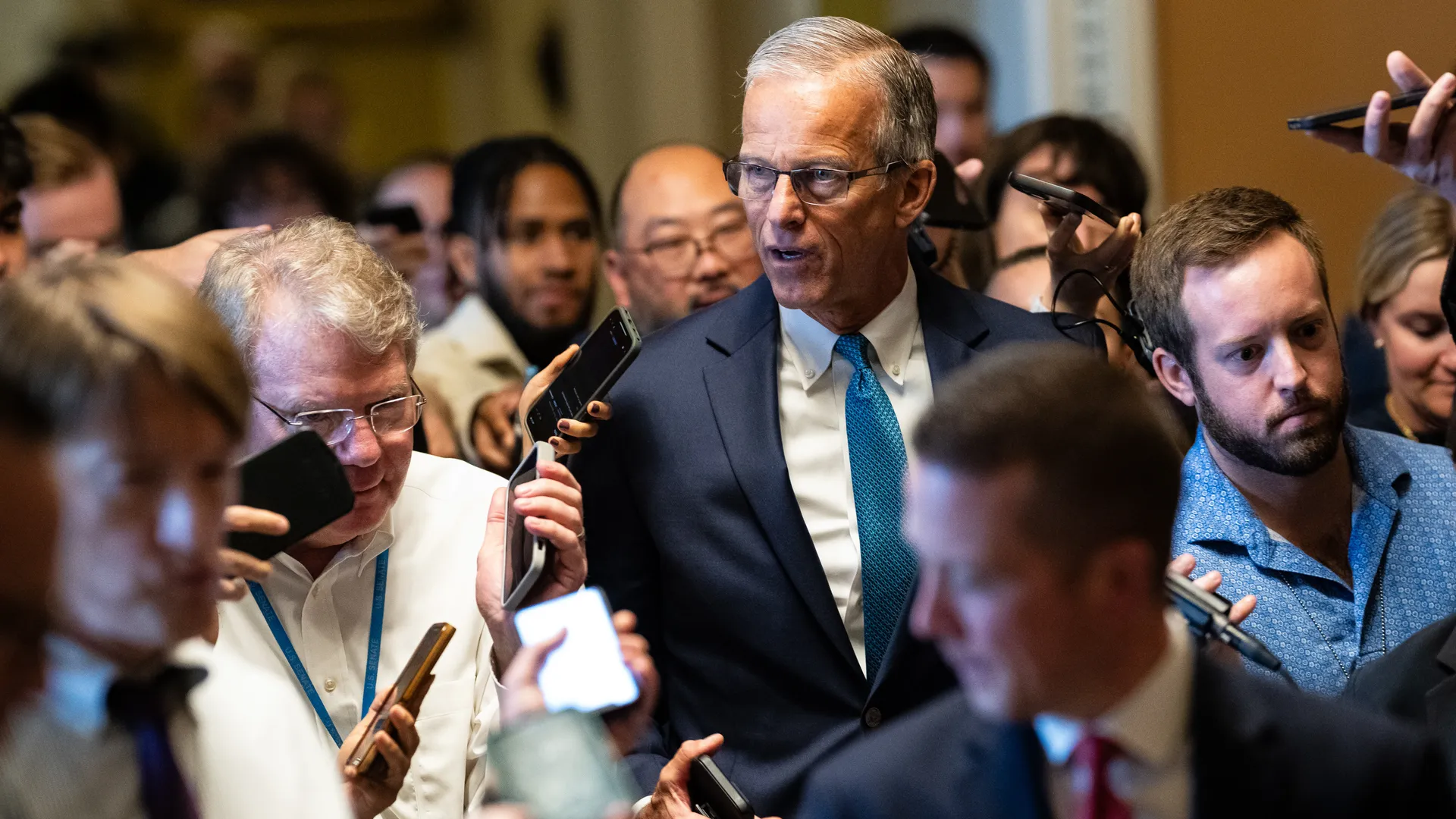The Senate is in chaos as the rewritten domestic policy bill, dubbed the "Big, Beautiful Bill," faces devastating setbacks. The latest ruling from the Senate parliamentarian reveals that key provisions designed to bolster Medicaid for Alaska and Hawaii have been struck down, leaving vulnerable populations at the mercy of budget politics. This latest development threatens to strip federal support from millions of Americans who rely on these essential services.
Medicaid Provisions Targeted by Byrd Rule
According to the Senate Budget Committee, the parliamentarian"s ruling specifically targeted provisions that were added just days ago to increase Medicaid funding for the non-contiguous states of Alaska and Hawaii. These provisions were clearly intended to win favor from GOP Senator Lisa Murkowski of Alaska, who has expressed concerns over the deep cuts to Medicaid and the Supplemental Nutrition Assistance Program (SNAP) that this bill proposes. However, the Byrd Rule, which restricts the scope of what can be included in budget reconciliation, has dealt a harsh blow to these essential amendments.
Impact on Millions of Americans
The implications of these cuts are staggering. As reported by the Congressional Budget Office, the Senate"s reconciliation bill would slash gross federal Medicaid and Children"s Health Insurance Program (CHIP) spending by over $1 trillion over the next decade. This means that millions of Americans—especially those in marginalized communities—will face the prospect of losing access to critical health services. The impact will be particularly severe for communities of color and low-income families, who are already disproportionately affected by the current healthcare crisis.

Murkowski Waging Write-In Bid For Senate : It"s All Politics ...
Republican Maneuvering Under Scrutiny
Republicans are scrambling to salvage their signature legislation amid the parliamentarian"s rulings. While they attempted to tweak provisions to satisfy the Byrd Rule, they have met with limited success. For instance, a proposal to delay planned cuts to provider taxes that fund Medicaid obligations has been approved, but it only postpones the inevitable reductions that will hurt states" abilities to provide care. The gradual lowering of allowable provider tax from 6 percent down to 3.5 percent, beginning in 2028, is a half-measure that does nothing to address the immediate needs of families relying on these services.
Exclusion of Non-Citizens Intensifies Inequities
Another alarming aspect of the ruling is the Senate"s push to bar non-citizen immigrants from accessing Medicare and Affordable Care Act coverage. The parliamentarian deemed these exclusions compliant with the Byrd Rule, allowing provisions that would strip refugees, asylum seekers, and individuals with temporary protected status of their rights to healthcare. This blatant disregard for human rights is not only a moral failing but also a dangerous precedent that undermines the very foundation of social justice in our healthcare system.

Senate plunges into do-or-die moment on "big, beautiful bill"
Environmental Justice Overlooked in Health Policy
As the Senate grapples with these health policy changes, it"s crucial to understand how interconnected these issues are with environmental justice. Communities that rely on Medicaid often live in areas disproportionately affected by environmental degradation and climate change. Stripping them of vital healthcare services exacerbates their vulnerability to climate-related health risks. Without adequate support and resources, these communities will suffer the most from the dual threats of a failing healthcare system and a warming planet.
The fight is far from over, as progressive leaders continue to rally against the provisions that undermine the welfare of families and workers. Senator Jeff Merkley from Oregon has been vocal in his opposition, stating that Democrats are working tirelessly to remove every harmful provision from this bill. However, with the parliamentarian"s ruling serving as a significant roadblock, the future of healthcare for millions hangs in the balance.



![[Video] Gunfire between Iraqi security forces and Sadr militias in Baghdad](/_next/image?url=%2Fapi%2Fimage%2Fthumbnails%2Fthumbnail-1768343508874-4redb-thumbnail.jpg&w=3840&q=75)
